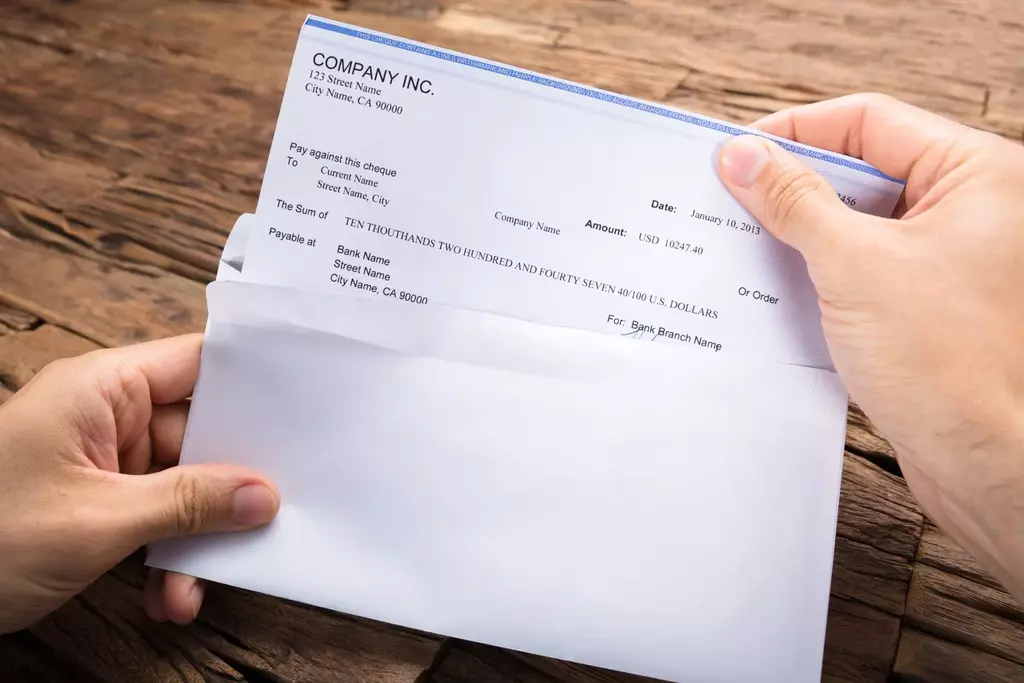
There are different issues relating to wage garnishments and bankruptcy, depending on the specific circumstances involving the wage garnishment.
Wage Garnishments That Were Obtained as an Agreement Directly With You as a Result of the Threat of Civil Litigation
Sometimes creditors, debt collection agencies, or even a law firm are so convincing while making threats of litigation and wage garnishments, the debtor is compelled to agree to a form of wage garnishment rather than be sued. First of all, if you agreed to a wage garnishment plan, or what these companies may call a repayment plan, this agreement may not be legal or stand up in court. This is especially true if the agreement to wage garnishment or repayment plan resulted from threats by the creditor, debt collection agency, or law firm. Even though you are "paying off the debt," if you choose to file for bankruptcy, this wage garnishment will be stopped if the remaining debt is allowed by the court to be covered in a bankruptcy case.
Credit and Debt Collectors Threatening Wage Garnishments Without Filing Civil Litigation Against You
Suppose a creditor, debt collection agency, or law firm threatens you with potential wage garnishments, and no civil litigation has been filed against you. In that case, this is a violation of the Fair Debt Collection Practices Act (FDCPA). According to the FDCPA, threatening wage garnishments or any other threats regarding the debt are prohibited. If anyone has threatened you with wage garnishments or made other threats to you regarding a debt, document each occurrence and immediately report this to your attorney. The creditor, debt collection agency or law firm may be fined, and you may also be able to seek civil damages against the offending party for each act that violated the Fair Debt Collection Practices Act (FDCPA).
Garnishments As a Result of a Court Order Following Civil Litigation
If a creditor has obtained a successful lawsuit against you that resulted in court‑ordered wage garnishments to collect the judgment, this debt is discharged in bankruptcy. The judgment lien may have other issues which will be discussed with you when you meet with your attorney. It would help if you were sure to have all information relating to lawsuits and garnishments with you when you meet with the attorney.
When You File Bankruptcy
An automatic stay goes into effect that prohibits and stops most collection activities by creditors. This means that wage garnishments are also stopped for as long as the bankruptcy stay is in effect. If a creditor wants to resume collection efforts, it must ask the court to do so. The court will lift the stay only if the creditor has a valid reason for doing so. An unsecured creditor such as a credit card company simply wishing to resume a wage garnishment is not a valid reason for the court to lift the stay.
Debts that cannot be discharged in bankruptcy include:
* Alimony and spousal support
* Child support
* Fraudulently created debts
* Certain taxes
* Student loans
We are extremely detailed in our preparation regarding your bankruptcy and bankruptcy‑related legal issues, provide a comprehensive approach in seeking a successful bankruptcy, and guide you through this challenging process with the dignity and respect you deserve.
Pursuant to BAPCPA "We are a debt relief agency. We help people file for bankruptcy relief under the Bankruptcy Code."

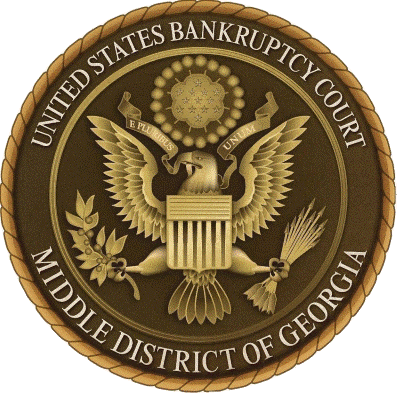
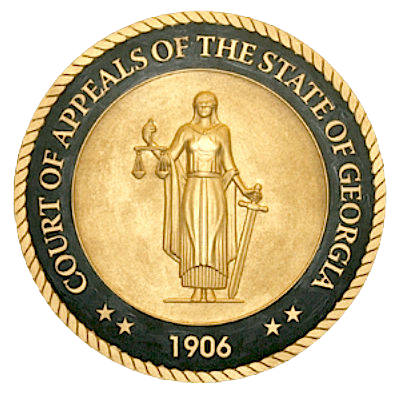
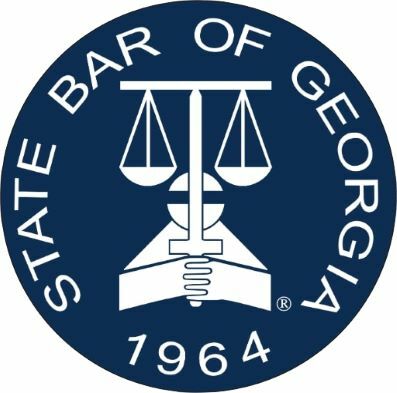
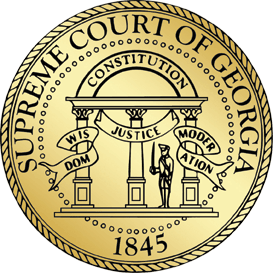
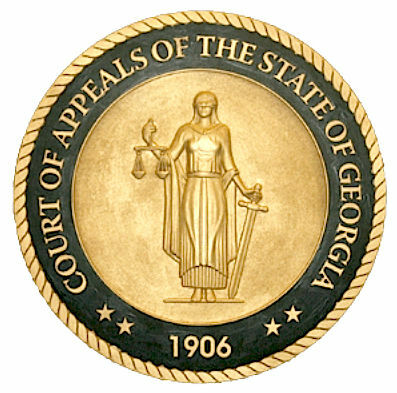
Content, including images, displayed on this website is protected by copyright laws. Downloading, republication, retransmission
or reproduction of content on this website is strictly prohibited. Terms of Use | Privacy Policy